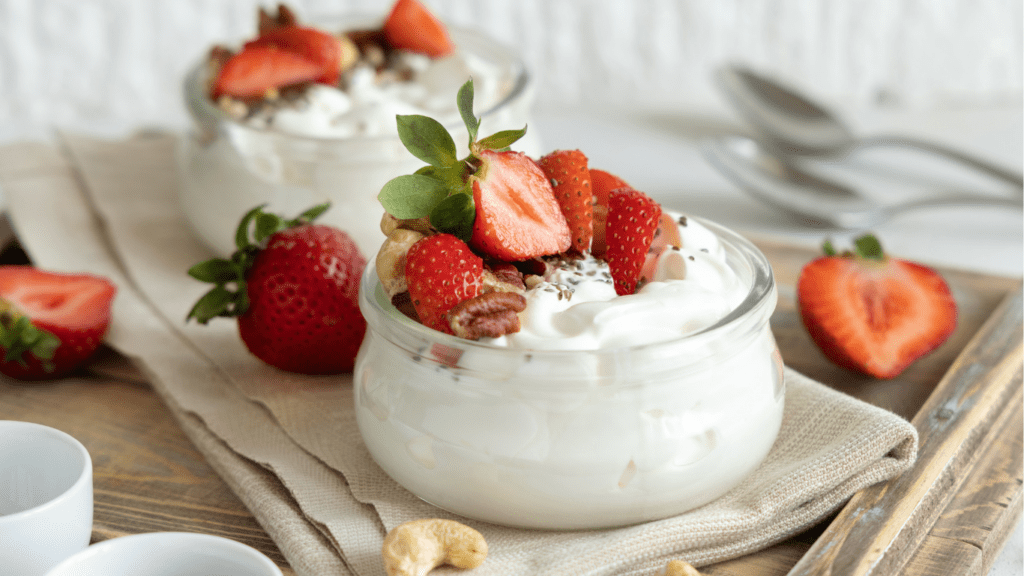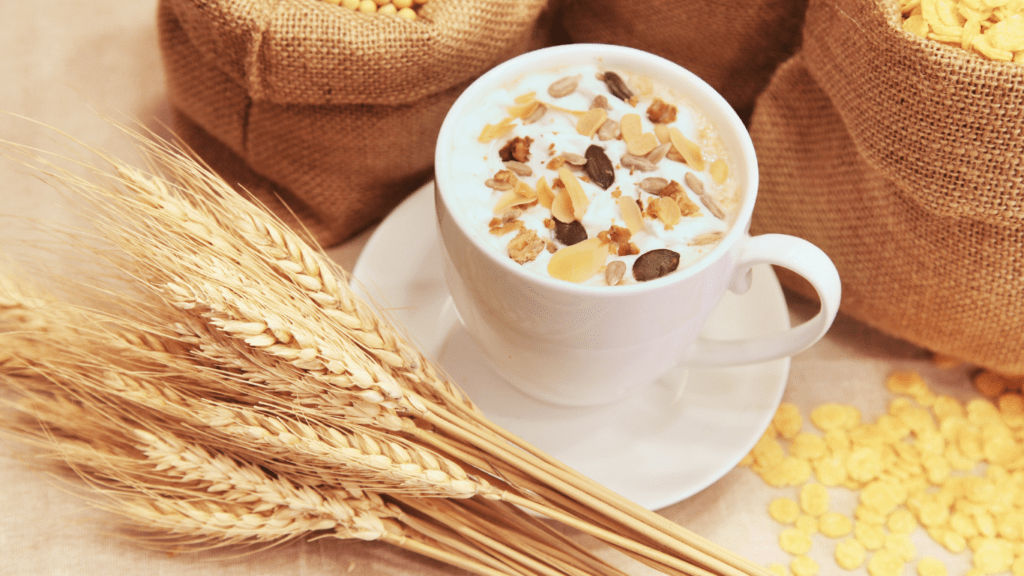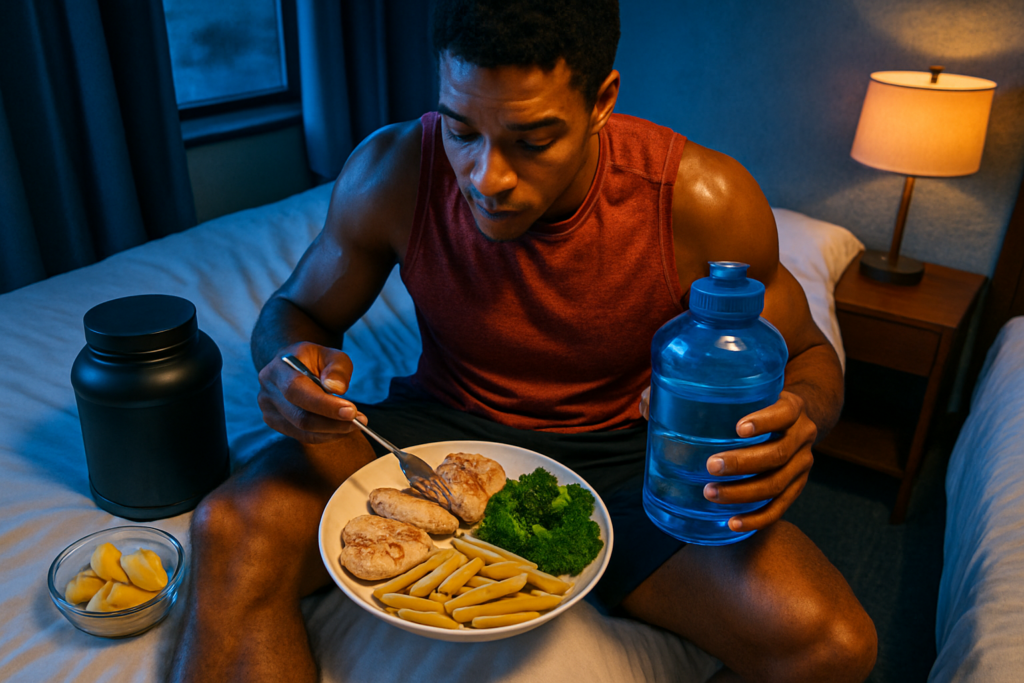Understanding Gut Health
Gut health revolves around the complex system in the gastrointestinal tract. This system, home to trillions of microorganisms, plays a crucial role in digestion, nutrient absorption, and immune function. A balanced gut flora is essential as it aids in breaking down food into nutrients, which directly impacts energy levels and overall well-being.
In my athletic journey, I’ve noticed that maintaining a healthy gut significantly boosts my performance. Probiotics, often found in supplements or fermented foods like yogurt and kefir, introduce beneficial bacteria to the gut. These bacteria enhance digestion and help maintain a stable microbiome.
Fiber serves as a crucial food source for these beneficial bacteria. Soluble fiber, found in foods like oats and beans, promotes nutrient absorption by forming a gel-like substance during digestion. Insoluble fiber, in whole grains and vegetables, helps move food through the digestive tract, preventing constipation and supporting regular bowel movements.
The gut-brain axis signifies the connection between gut health and mental clarity. When my gut flora is balanced, I experience improved focus and mental stamina. This clarity provides a distinct competitive edge in training and competitions. Understanding and nurturing gut health have become integral to reaching my athletic goals.
The Role of Probiotics in Athletic Performance
Probiotics support athletic performance by optimizing gut health, which influences endurance and recovery. My experience with incorporating probiotics has evidenced significant benefits in these areas.
Benefits for Endurance and Recovery
- Probiotics directly enhance endurance by improving nutrient absorption and energy production.
- A balanced gut flora efficiently breaks down carbohydrates and proteins, providing a steady energy supply during long training sessions.
- Research indicates that probiotics reduce inflammation and oxidative stress, which accelerates recovery times and lessens muscle soreness after intense exercises.
- Personally, I noticed an increase in my stamina and a quicker recovery phase once I started taking probiotics regularly.
Probiotics and the Immune System
- Probiotics bolster the immune system, crucially affecting an athlete’s resilience.
- By promoting a healthy gut microbiome, probiotics strengthen immune responses and reduce susceptibility to infections that could disrupt training schedules.
- I found that maintaining a robust immune system kept me consistent in my training, allowing uninterrupted progress.
- Studies have shown that athletes who incorporate probiotics experience fewer respiratory and gastrointestinal infections, enabling them to perform at their peak without health setbacks.
The Importance of Fiber for Athletes

Fiber plays a crucial role in an athlete’s gut health, influencing performance and recovery. This dietary component supports digestive efficiency and metabolic processes, essential for maintaining energy.
Enhancing Digestive Function
Dietary fiber improves digestion by supporting the growth of beneficial gut bacteria. Soluble fiber, found in foods like oats and beans, ferments in the gut, providing nutrients to these bacteria. This process enhances nutrient absorption, crucial for fueling athletic endeavors. Insoluble fiber, present in whole grains and vegetables, aids regular bowel movements, preventing gastrointestinal discomfort that could hinder performance. A fiber-rich diet ensures that my digestive system functions optimally, reducing interruptions in training.
Supporting Metabolism and Energy Levels
Proper metabolic function is vital for maintaining energy levels during training and competitions. Fiber modulates the release of glucose into the bloodstream, preventing energy spikes and crashes. This steady energy release is achieved when I consume high-fiber foods like nuts and seeds, which sustain my endurance. Additionally, fiber impacts hormone levels that regulate hunger, ensuring that I maintain a balanced diet without unnecessary cravings. As a result, my energy is consistently high, allowing me to focus on reaching peak performance.
Combining Probiotics and Fiber for Optimal Results
Integrating probiotics and fiber creates a powerful synergy that enhances gut health and boosts athletic performance. Together, they improve:
- digestion
- nutrient absorption
- energy availability
for peak endurance and recovery.
Synergistic Effects
Probiotics and fiber interact to support a balanced gut microbiome. Probiotics introduce beneficial bacteria, while fiber feeds them, promoting diverse and resilient gut flora. This collaboration enhances nutrient absorption, which directly translates to more energy during workouts and faster recovery post-exercise. By maintaining a stable gut environment, the risk of inflammation and gastrointestinal discomfort decreases, allowing me to sustain consistent training routines.
Dietary Sources and Supplementation
Incorporating probiotics and fiber into my diet involves choosing nutrient-rich foods. Probiotics are present in yogurt, kefir, and fermented vegetables like sauerkraut. Fiber-rich options include oats, beans, and whole grains. If dietary intake falls short, supplements bridge the gap. Probiotic capsules and fiber powders offer a practical solution for maintaining consistent gut health support, especially during intense training periods. By selecting appropriate sources, I sustain a diet that aligns with my athletic goals and supports gut resilience.





